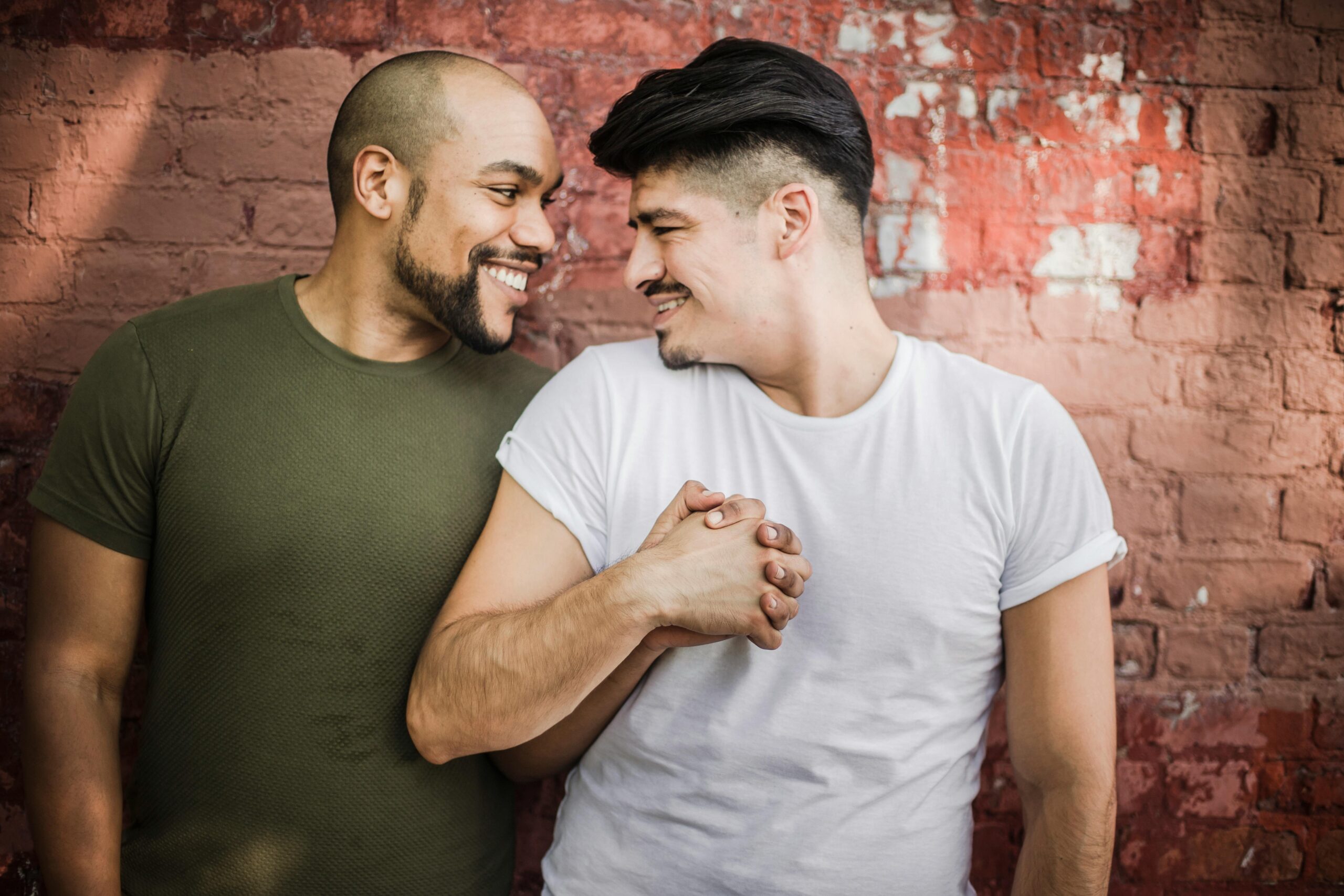July 6th, 2015
Same Sex, Same Issues
Relationships are complicated. It doesn’t matter if you are married, in a committed partnership, black, white, straight, or gay. Being in a relationship with another human being is rewarding… and frustrating. And quite honestly, same sex couples face many of the same issues as straight couples: poor communication, family drama, trust issues, and financial problems.
Same Sex Relationships Face Additional Stress
However, gay and lesbian relationships may also be confronted with added stress during situations, like holidays, when you are expected to interact with family or friends who have strong opposition to your sexuality. That can create a whole host of stressors. It may cause feelings of loneliness, rejection, and hurt. It may leave you feeling like you are pretending to be someone you are not, especially if you are unable to openly be with the one you love. That can cause depression and anxiety, and it can create stress in a partnership.
Luckily, for a committed couple, family drama is just a bump in the road (yes, sometimes it’s a really big, really loud bump). All couples face challenges, and all relationships require the same fundamental building blocks to ensure longevity and happiness even during the most stressful situations:
- Respect
- Honesty
- Trust
- Commitment
I would like to take a closer look at each of these and explain why they are important to your relationship.
Respect
First, you must respect yourself. You must have confidence in yourself and be happy with who you are before others will love you. If you find yourself saying, “I’m nothing without a partner,” you need to step back and re-evaluate your situation. A partnership, relationship, or marriage needs to be based on two people who are emotionally healthy and secure.
Part of that self-respect is finding and living in an environment that is supportive of your lifestyle and your partner, helping to reduce the strain that can happen in a less nurturing environment. In other words, if you remain in a community in which people do not support your sexuality or your choice in partner, that is an example of you disrespecting yourself, your spouse, and your relationship.
Secondly, you must respect your partner. That means understanding their boundaries, opinions, likes, dislikes, and worth. If you constantly feel like you need to put down your partner or they are always criticizing you, then your relationship is not based on respect. In a respectful relationship, both partners seek to understand each other’s differences instead of criticizing and judging them.
Honesty
Being honest in a relationship is non-negotiable. You may have found it took a lot of courage to be true to yourself. The same goes for sharing your life with someone. In an honest relationship, both partners are able to share their thoughts, concerns, dreams, and desires without fear. It also means that each partner knows they can count on the other to be honest. There is no need to hide cell phones or have secret email accounts. That doesn’t mean you have no privacy, but it does mean you are transparent in your relationship. Honesty is also crucial to the next component.
Trust
You and your partner can be more secure in your relationship when you know that you can trust each other. Partners who trust each other don’t need to spend their time checking up on each other or spying in their emails. Instead, they offer the information about where they are going or who just sent them a text in order for their partner to feel secure.
Commitment
Commitment means you are willing to make the effort to address issues that come up in the relationship. Many couples struggle with family drama, whether it is disapproving in-laws, meddling siblings, or problem children. As part of a couple, your commitment is to your partner first.
For example, financial problems are the main problem area for many couples. When you are dealing with your partner’s high roller inclinations or your stingy spending habits, you need to work with a common respect and face these problems as a team, rather than one against the other. That is the key to overcoming those financial challenges and demonstrating commitment.
Therapy Can and Same Sex Relationships
Like any couple going through issues, especially those related to commitment, trust, honesty, and respect, seeking outside help can make a significant difference. A therapist who supports you and understands the issues and concerns surrounding your relationship can help you develop strategies to improve communication, strengthen trust, and foster honesty. Feeling supported in therapy is a big factor in whether or not your work is successful. Which is why having a therapist who understands same sex relationships is essential to working through your individual and relational issues. You should not feel judged or like you can’t be honest in therapy. Therapy should be your safe space, a place where you can open up.
Working with a therapist is no different than seeking out a personal trainer, business mentor or taking a class to brush up on computer skills. Why would you not learn to grow and strengthen one of the most important relationships of your life?
If you’d like my help as you work to build a healthy same sex relationship, you can contact me at (864) 559-8181 to schedule your appointment. I can help people in the Greenville, SC area.

